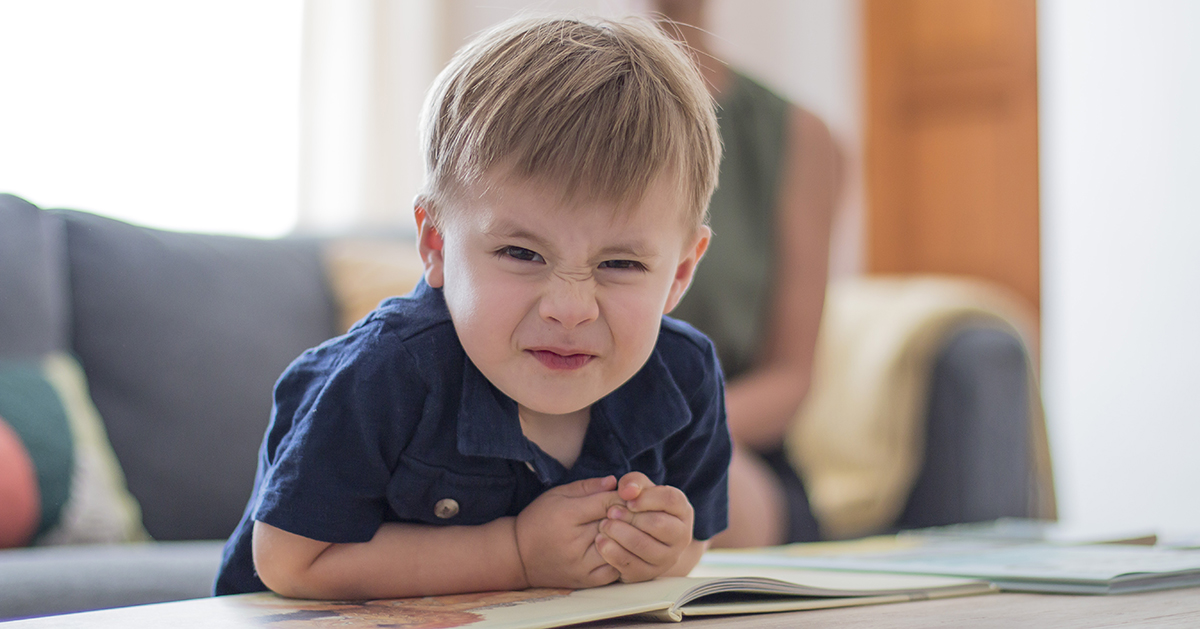 Source: bing.com
Source: bing.comTable of Contents
Introduction
As new parents, we all want to know how to best care for our little ones. One important aspect of their development is their emotional growth. Babies experience a range of emotions in their first year of life and it’s important to understand what they’re going through so that we can support their emotional development.
Birth to Three Months
During the first few months of life, babies are still adjusting to the world outside the womb. They are learning to recognize familiar faces, voices, and smells. They also experience a range of emotions such as happiness, contentment, and distress. Comforting them when they’re upset helps them feel secure and builds trust between baby and caregiver.
Four to Six Months
Around the four-month mark, babies start to develop a sense of self. They begin to understand that they are separate from their caregivers and can feel a range of emotions on their own. They may also start to develop stranger anxiety, where they become upset around unfamiliar people. Consistently responding to their needs and offering comfort helps them feel safe and supported.
Seven to Nine Months
At this stage, babies are becoming more aware of their surroundings and may start to experience fear and anxiety. They may also start to develop separation anxiety, where they become upset when separated from their caregiver. Gradual separation with reassurance can help ease this anxiety.
Ten to Twelve Months
During the last few months of the first year, babies continue to explore and learn about the world around them. They may become more social and enjoy interacting with others. They may also experience a range of emotions such as frustration and anger. Giving them appropriate outlets to express these emotions can help them learn to manage their feelings.
Conclusion
Supporting a baby’s emotional development during their first year of life is crucial. By responding to their needs and providing comfort and reassurance, we can help them feel safe and secure. Gradually introducing them to new experiences and people can also help them develop a sense of confidence and independence.
Frequently Asked Questions
1. How can I tell if my baby is happy?
Babies show happiness through smiles, coos, and relaxed body language. They may also reach for and make eye contact with their caregiver.
2. Is it normal for my baby to cry a lot?
Yes, crying is a normal way for babies to communicate their needs. Responding to their cries with comfort and attention can help them feel secure.
3. How do I help my baby feel safe around unfamiliar people?
Gradually introducing them to new people in a calm and reassuring manner can help ease their anxiety. Holding them while they interact with the new person can also make them feel more secure.
4. Why does my baby get upset when I leave the room?
This is a normal stage of development called separation anxiety. Gradually separating from your baby with reassurance can help ease their anxiety.
5. How can I help my baby learn to manage their emotions?
Offering appropriate outlets for them to express their emotions such as toys to hit or squeeze can help them learn to manage their feelings. Modeling healthy ways to manage emotions can also be helpful. Now that you know more about baby emotional development in their first year, you can start providing even better care for your little one!
